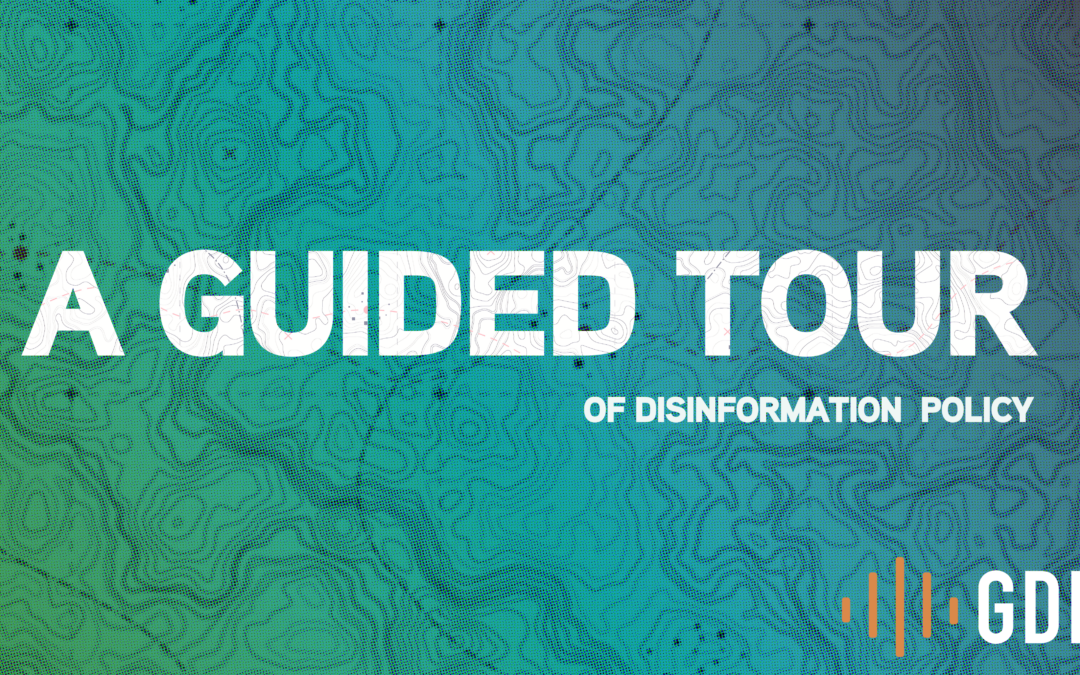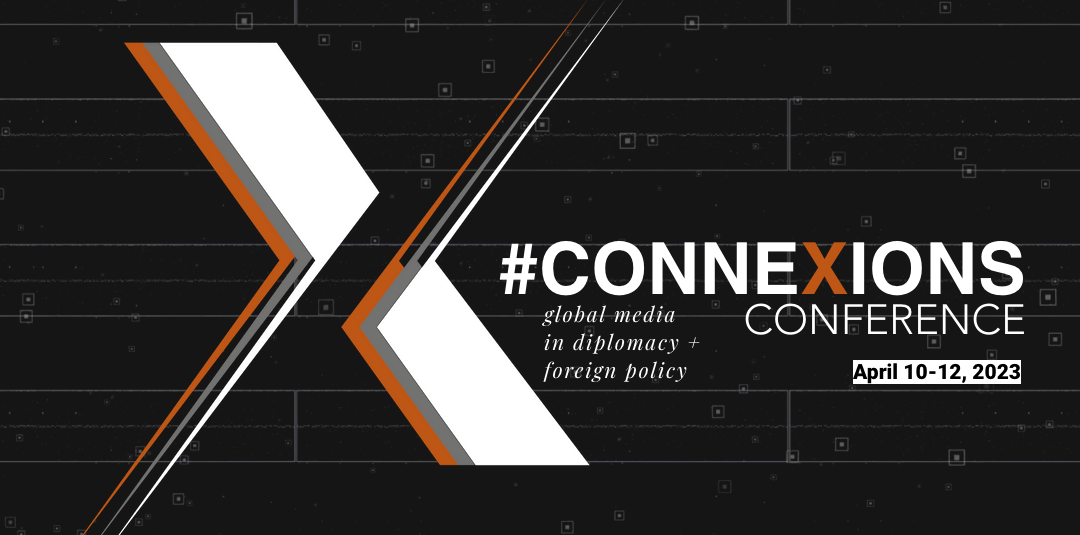Perhaps the only thing that travels faster than a lie is a lie promoted on the internet. Disinformation evolves and adjusts rapidly for even the smallest of targeted social groups. With over 190 countries in the world – and each country hosting numerous social groups at risk of disinformation targeting – how can we even begin to study such a massive topic? A graduate team at the University of Texas at Austin’s LBJ School of Public Affairs has taken the initiative to aggregate sources of news about disinformation from all global regions to create a diverse feed of chosen experts and emerging topics. The team hopes the news feed will be a valuable tool for both novices and experts to stay up to date on the latest narratives and trends.
Kristin M. – (Venezuela)
Free Press, Fake News, and Repression during Covid-19: Venezuela and Nicaragua
Trust in elections and disinformation in Venezuela
Abdullah D. – (China)
Brookings: China-Russia Joint Disinformation Effort
US Report Accuses China of Disinformation Campaign on Xinjiang
Ryan W. – (India)
https://twitter.com/TPanjiar – Tejasi Panjiar Associate Policy Counsel at @internetfreedom | Interested in Tech Policy; Digital Rights | Post-grad in Public Policy
https://twitter.com/KhariBiskut – assistant professor @AmericanU. postdoc @risj_oxford . i study misinformation & politics + experiments in India. @penn PhD in political science
Robert A. (UK)
Minister launches new strategy to fight online disinformation
Liz W. – (China)
Tracking Control Archives – China Media Project
Hong Kong University’s JMSC China Media Project:
Ashley Y – (U.S.)
Ryan B. – (Climate Disinformation)
Climate Disinformation Database
Austin M – (Kazakhstan)
Information Chaos in Kazakhstan
Cameron P.- (Influence Campaigns and Disinformation)
Influence Campaigns and Disinformation
Alex H. (Latin America)
Organization of American States
UNESCO
Revisiting tools to combat disinformation in Latin America and the Caribbean
Kiril A. (Policy)
Governance of Technology & the Internet
Weaponized Narrative Initiative
Kate Starbird – University of Washington
Matthew H. (Kenya)
Disinformation and Democratic Transition: A Kenyan Case Study * Stimson Center
Zane E. (Ireland)
Dan (Turkey)
Turkey’s ‘Disinformation’ Law Will Devastate Media Freedom, Experts Predict
Turkey’s Erdogan pledges boycott on US electronics
Easily overwhelming, isn’t it? Don’t worry- here at GDIL we strongly believe that together we can make an impact. Check out the other posts on our blog to see how we’re combatting disinformation. We are always excited to meet and to share ideas with others in the disinformation research community and welcome UT Austin students of all levels of expertise to our in-person meetings. Make sure to check back here often to see more updates to the Global Disinformation Feed as we continue to add more qualified experts to create a varied and reliable space.




